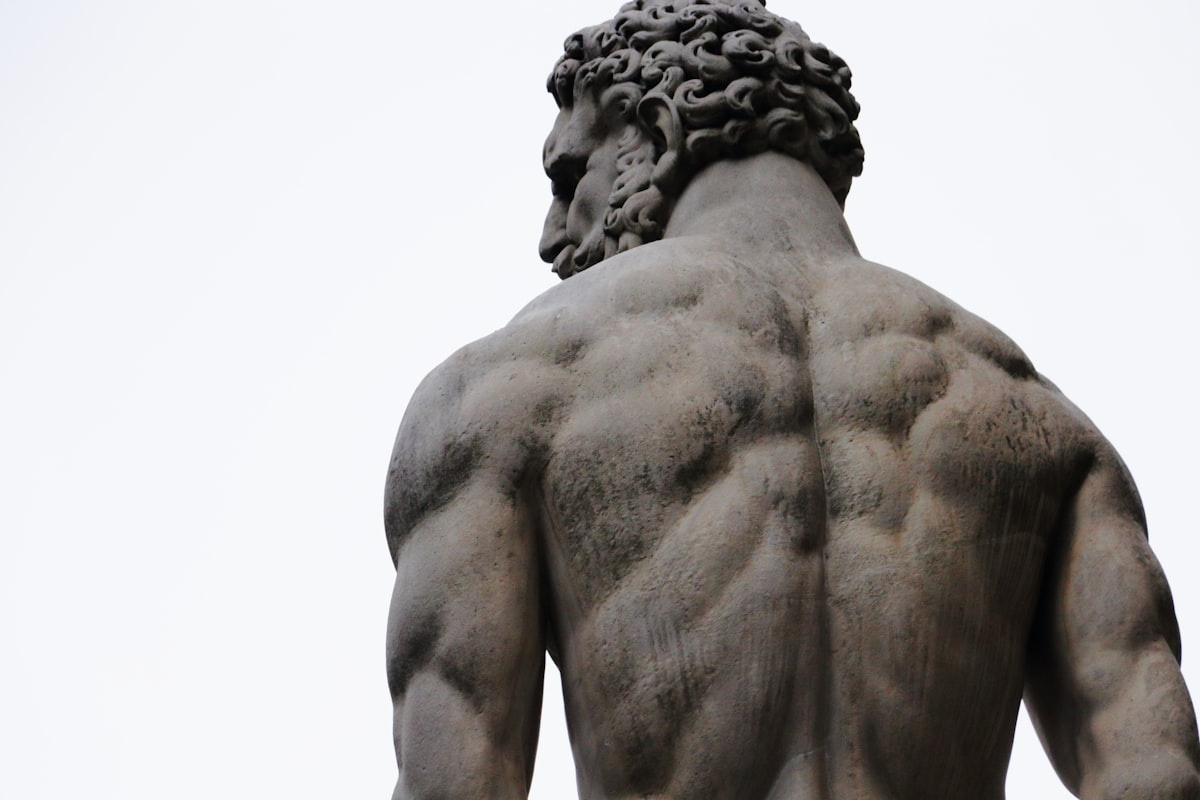Labor
What does it mean to work?

Good morning. Today is the third of the sansculotides, the unnumbered days that fit between years. We celebrate le travail, or the effort it takes to do things.
💡
Labor has shifted in connotation many times over the past few centuries. Now, when someone says "today is labor day," we're apt to think of the working class as defined by Marxism – or, more likely, that somewhere there are towels and televisions on sale. Labor as a political cause arose in the decades following this calendar, as the French revolution's emphasis on people over royalty naturally extended outward to slowly but sure expand the definition of "people" and "royalty." Now we tend to think in terms of workers and owners, or laborer and capitalists. When the revolutionaries created this labor day, however, the word had less of a collective noun quality than a fraught verb quality: labor meant toil. The one sense in which the word had achieved metaphorical status was in relation to childbirth. While "labor" is originally a French word, they used "travail" here, which is also how a woman giving birth is described – "en travail." There were many vocal female advocates during the revolution for a greater place in the public sphere for women, forming a sort of proto-feminist block that, among other things, anticipated the Anglo-American suffragettes of a century later and attempted to read into the record a specific treatise on the rights of women. I like to think of today as a nod in that direction, celebrating all bodily work, explicitly including that of the profound human miracle women are capable of producing.
During a recent dinner party, we got to talking about hobbies versus jobs, and whether art ceases to be art when it runs headlong into commerce. As someone who dreamed in high school of "being a writer when I grow up" only to see that dream realized in mind-numbing professional journalism that entailed producing endless paragraphs on the most boring topics imaginable, I've always contended that the practice of an art that brings joy should be kept as non-professional as possible, lest the demands of a job sap that joy and replace it with, well, labor.



